A few more year in review list pieces coming (since we know the film year doesn't really end until awards seasons wraps). Here's Lynn Lee
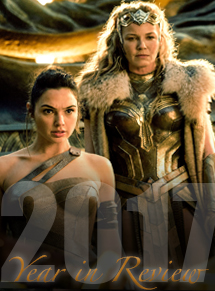 If 2017 was a banner year for fathers in film, it was just as much the year of Complicated Mothers—from Frances McDormand’s justice-seeking Mildred in Three Billboards Outside Ebbing, MO to Holly Hunter’s tart-tongued but soft-hearted Beth in The Big Sick to Mary J. Blige’s stoic Florence in Mudbound. Within this trend was another that spoke especially personally to me: the even more complicated relationship between mothers and daughters. We saw all kinds of mother-daughter relationships in 2017—tender, fraught, hostile, sometimes all of the above—portrayed with a depth and complexity we don’t get nearly enough of in relationships between women in movies.
If 2017 was a banner year for fathers in film, it was just as much the year of Complicated Mothers—from Frances McDormand’s justice-seeking Mildred in Three Billboards Outside Ebbing, MO to Holly Hunter’s tart-tongued but soft-hearted Beth in The Big Sick to Mary J. Blige’s stoic Florence in Mudbound. Within this trend was another that spoke especially personally to me: the even more complicated relationship between mothers and daughters. We saw all kinds of mother-daughter relationships in 2017—tender, fraught, hostile, sometimes all of the above—portrayed with a depth and complexity we don’t get nearly enough of in relationships between women in movies.
It’s hard to choose favorites, but the following were the mother-daughter screen pairings this year that I found the most compelling...
05. WONDER WOMAN: Hippolyta (Connie Nielsen) and Diana (Gal Gadot)
At first glance young Diana seems enveloped in a paradise of matriarchal love, whether it’s the nurturing care of mom Hippolyta or the tougher love of aunt Antiope (Robin Wright). While the latter relishes teaching her to fight, Hippolyta exudes both affection and anxious protectiveness towards the girl, as if there’s something either particularly vulnerable or particularly dangerous about her. When Diana finally leaves the island, Nielsen’s wonderful face, in that goodbye, conveys both the great love and great fear that any mother might feel seeing her only daughter venture out into a world filled with violent, power-hungry men. But we later learn that Hippolyta’s been lying to her daughter all along by concealing Diana’s true identity, and the climactic revelation of that secret makes their parting all the more poignant in retrospect. Gods and superpowers aside, it’s the classic mother’s dilemma between wanting to keep her daughter safe and letting her fulfill her destiny.
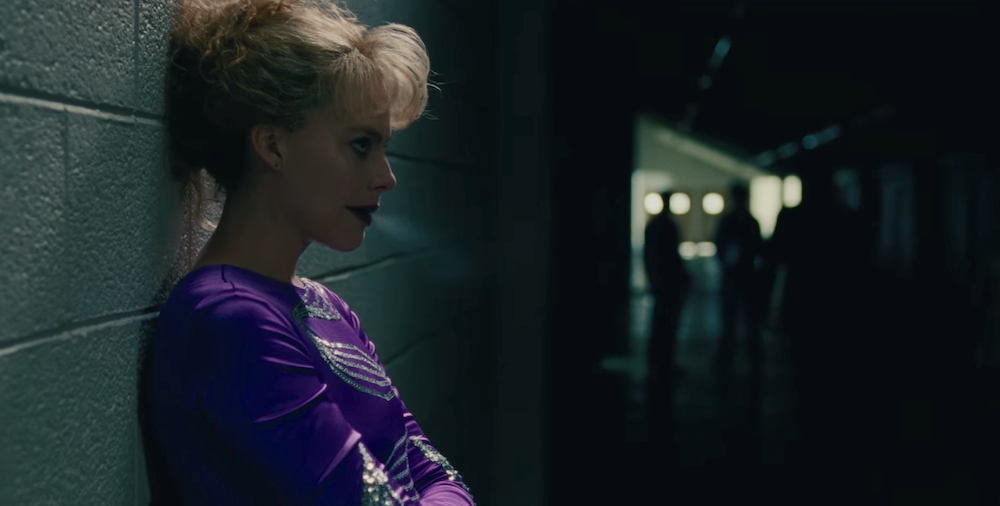
4. I, TONYA: LaVona (Allison Janney) and Tonya (Margot Robbie)
“Toxic” doesn’t even begin to describe this relationship, any more than “codependent” completes it. Tonya’s mother abuses her both physically and psychologically, yet also pays for her figure skating, presumably in the hope of receiving some reflected glory from her success. However, as portrayed by Janney, there’s a pathological quality to the way she savagely tears down her daughter, and her dead-eyed, joyless stare at the girl’s moments of triumph, that defies the easy explanation; it’s more like LaVona actually gets off seeing Tonya try and fail. For Tonya’s part, there’s something masochistic about her desire for her mother’s approval—a point underscored in the film’s most wrenching scene, when LaVona visits her long-estranged daughter, ostensibly to offer her support after the Kerrigan incident. It’s a cannily played moment, with Janney striking just the right almost-convincing note, and Robbie showing Tonya’s desperate need to believe that deep down, her mother loves her, followed by the devastating sense of betrayal when the rug’s pulled out from under her. Even knowing it’s coming, we feel gut-punched, too.
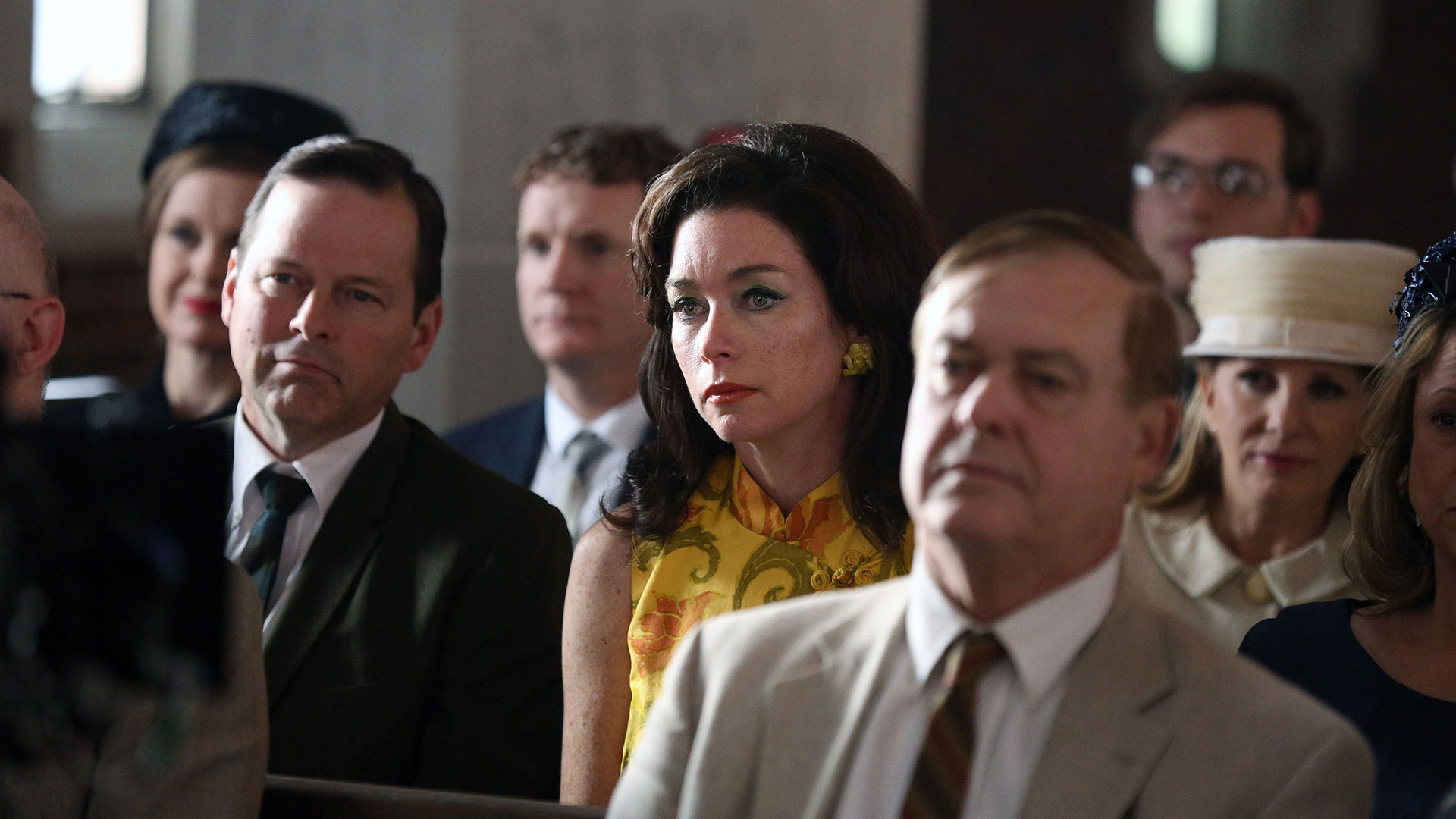
3. NOVITIATE: Nora (Julianne Nicholson) and Cathleen (Margaret Qualley)
Not surprisingly for a film about nuns, the mother-figure who got the most attention for this underrated gem was Melissa Leo as the deeply conservative Reverend Mother who rules her convent with an iron fist. Yet Novitiate is just as remarkable for the other, gentler surrogate mother-figures who attempt to guide protagonist Cathleen throughout her bumpy spiritual journey and her equally bumpy relationship with her birth mother Nora. The latter’s perhaps too broadly written as a character, yet Nicholson gives such a heartfelt performance that you really buy both her incredulous fear of losing her daughter to a God she doesn’t believe in and the abiding love that keeps her tenaciously coming back. Qualley, meanwhile, effectively conveys the struggle of a girl who yearns for the exact opposite of her mother’s profane secularism and messy personal life without fully understanding the nature of her own desires. That constant push-pull maintains suspense right up to the final moment of the movie; fittingly, the last two shots I remember most vividly are the cut from Nora’s expression to Cathleen’s.
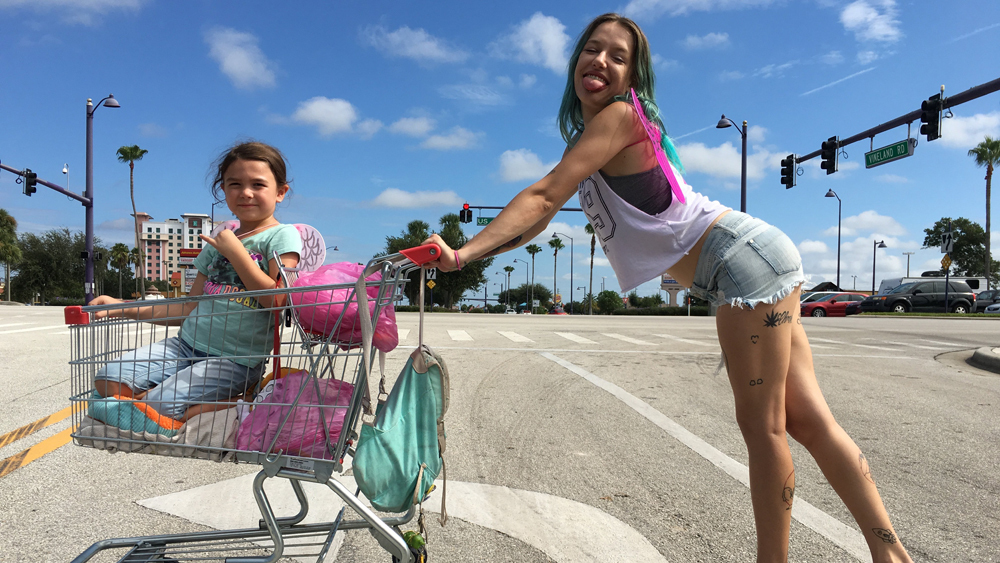
2. THE FLORIDA PROJECT: Halley (Bria Vinaite) and Moonee (Brooklynn Prince)
By every objective metric, Halley is an unfit mother. Far too young and barely able to scrape by through a combination of scamming affluent tourists, turning tricks, and relying on the kindness of a long-suffering motel manager, she’s completely incapable of providing her pint-sized daughter any of the following: proper nutrition, education, moral discipline, or a stable home or finances. Here’s what she can and does provide: unconditional, absolute love. It’s the invisible tonic that allows Moonee to thrive against all odds, even though we know it can’t sustain her forever. Near the end, Halley takes Moonee to brunch at a “nice” hotel restaurant and lets her order everything she wants (to be charged to a random room, of course). That one quiet scene beautifully sums up their entire relationship. You can see it in Vinaite’s eyes as Halley gazes silently across the table at her daughter devouring everything in sight. They may not be paying this bill, but she knows a bill’s coming due soon—one they’ll both be paying for the rest of their lives.
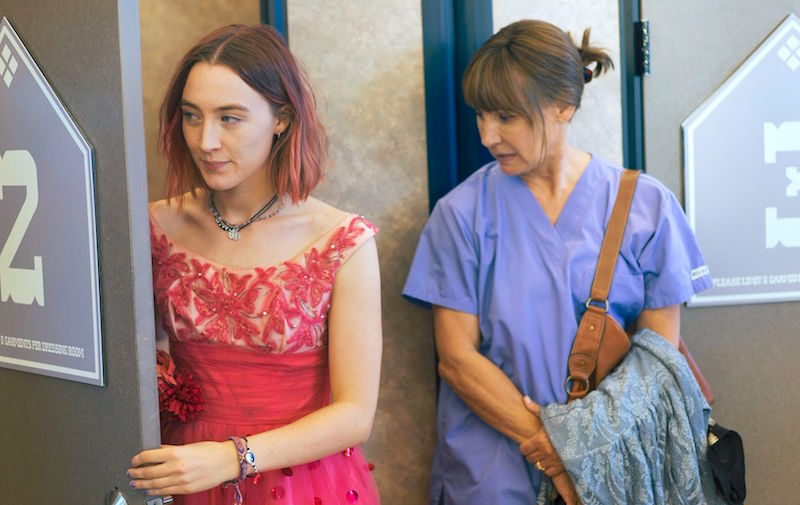
1. LADY BIRD: Christine “Lady Bird” (Saoirse Ronan) and Mrs. McPherson (Laurie Metcalf)
What can I say that hasn’t already been said? As someone with a close but often thorny relationship with my own mother, I found Christine’s to ring truer than anything I’ve seen this side of The Joy Luck Club and Emily and Lorelai in “Gilmore Girls.” Lady Bird nails the kind of mother-daughter dynamic where intimate confidences and heated arguments occur with equal frequency, where affection and criticism are inextricable from one another, and where “I love you” is never said but always understood. Ronan and Metcalf make every interaction feel real and lived-in, from a silly tiff over how eggs should be cooked to shopping for prom dresses to visiting open houses they could never afford to buy. Their back and forth unfolds so organically that when the big emotional climax arrives, it feels both unexpected and well earned. And cathartic: I cried, and I’m willing to bet I wasn’t the only one.

Readers, who were your favorite movie mothers and daughters in 2017?